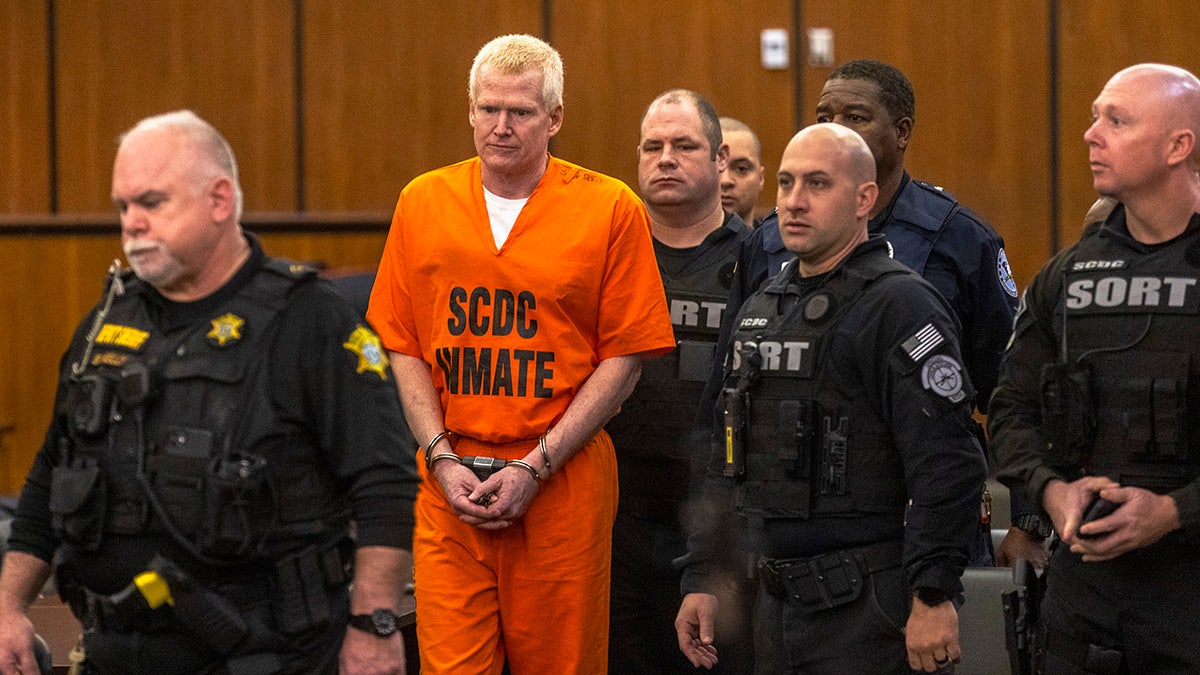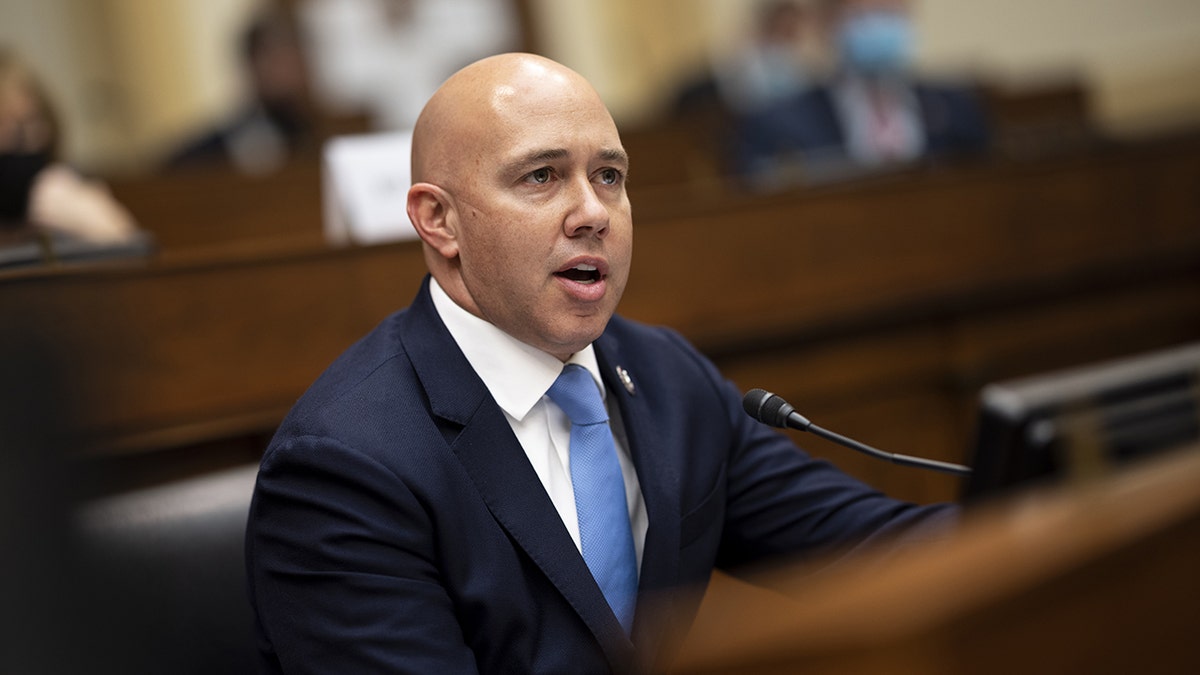The popularity of true crime continues to surge, but it's crucial to remember that this genre isn't merely entertainment. It reflects the very core of our democracy – the justice system – and public trust in its efficacy is paramount. If widespread skepticism about law enforcement and judicial integrity takes root, it undermines the pursuit of justice itself. Looking ahead to 2025, there's hope that 2024 will be remembered as a turning point, a year where justice triumphed over sensationalism in true crime narratives. Several key developments support this optimistic outlook.
The year commenced with a significant hearing in the high-profile Alex Murdaugh case in South Carolina. Murdaugh, whose history is riddled with corruption and financial misconduct culminating in the tragic murder of his family, sought a retrial based on alleged jury tampering. Fears that he might once again evade accountability proved unfounded. His motion was rejected, and he is now serving a life sentence, though an appeal is pending.
The 25th anniversary of Hae Min Lee's murder by Adnan Syed, the subject of the popular podcast "Serial," brought another twist. Syed's conviction was previously overturned by then-Baltimore State's Attorney Marilyn Mosby. However, the Maryland Supreme Court subsequently reversed this decision in a strongly worded opinion, reinstating Syed's conviction. The new state's attorney appears less inclined to dismiss the evidence against Syed, signaling a potential shift towards prioritizing justice for Lee. The final outcome remains to be seen, but there's a renewed focus on the evidence.

In Delphi, Indiana, the long-awaited justice for murdered teenagers Libby German and Abby Williams finally arrived with the conviction of Richard Allen. Despite attempts by Allen's defense to create a media frenzy and deflect blame, the trial ultimately centered on the evidence. Eyewitness accounts, video footage, forensic analysis, and Allen's own multiple confessions, containing details known only to the perpetrator, secured his conviction and a 130-year sentence. An appeal is anticipated.

These cases highlight a crucial trend: amidst declining public trust in institutions, the justice system has demonstrated its capacity to deliver impartial justice based on evidence. This offers a glimmer of hope for 2025 and beyond.








